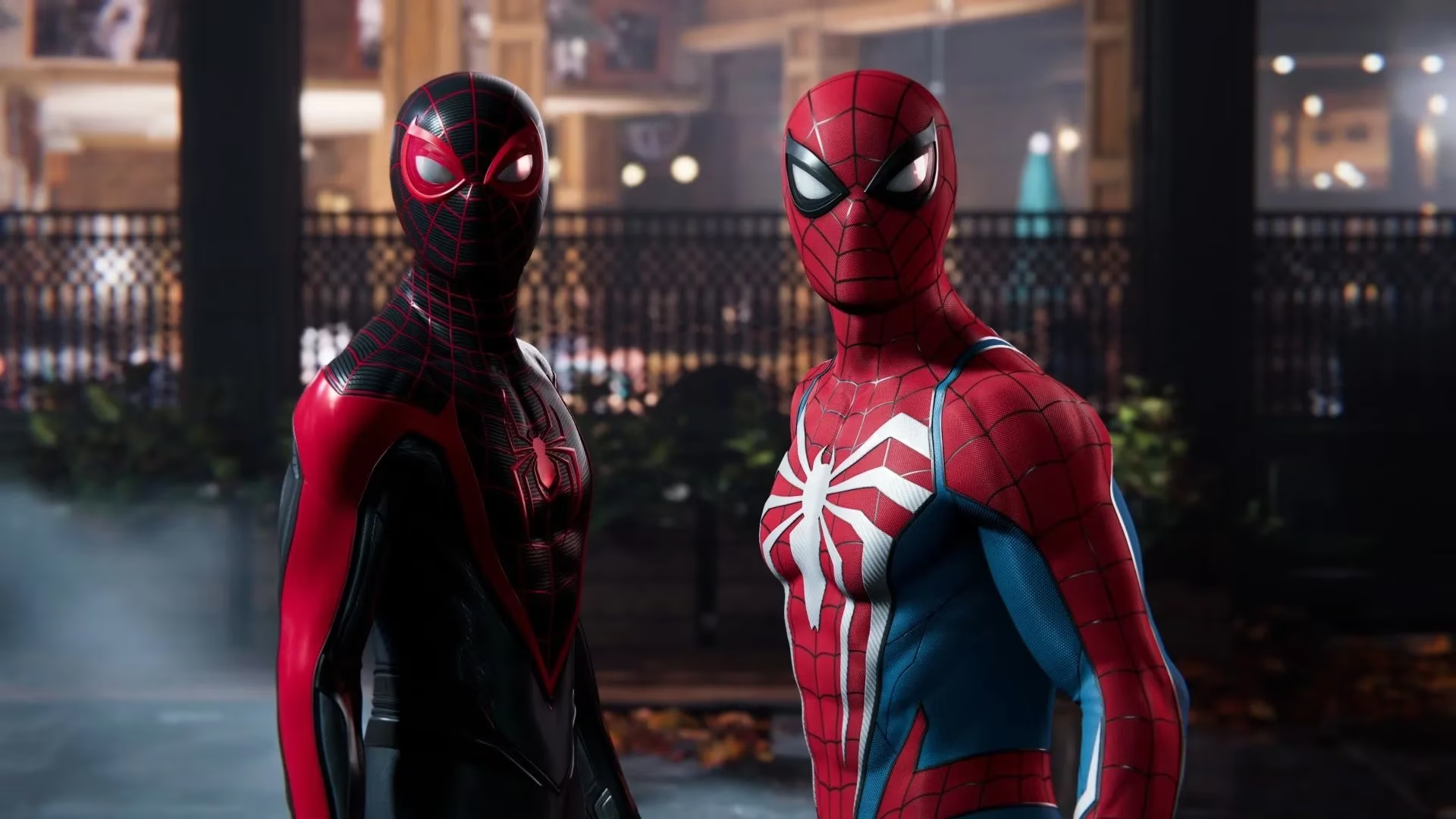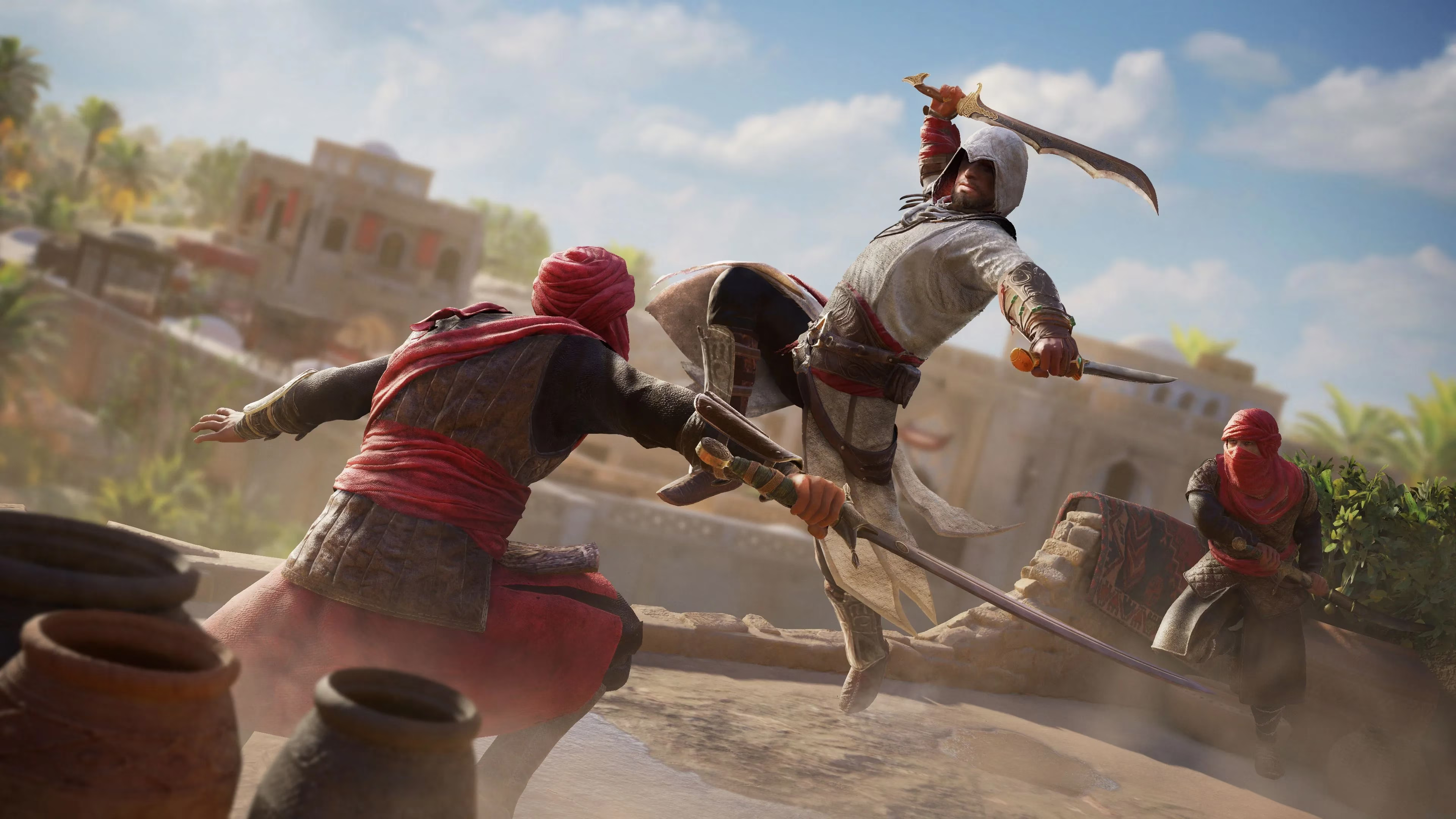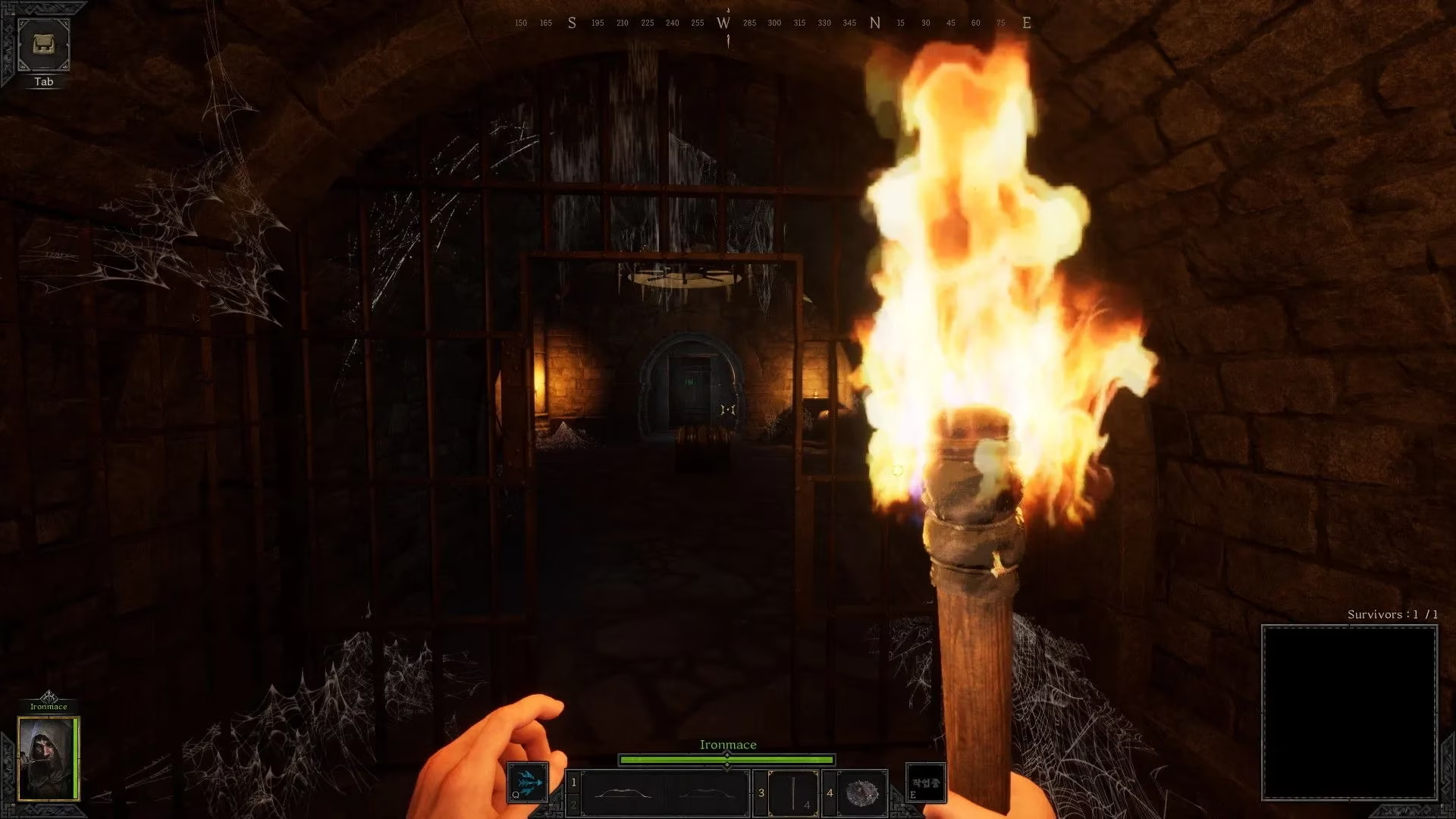Explore the dynamic gaming industry with PlayStation's exclusive, AI-driven storytelling debates, and legal battles shaping 2025's gaming future.
The gaming landscape vibrated with seismic shifts this week as whispers about a PlayStation exclusive's launch timeline grew louder, an AI tool sparked industry-wide ethical debates, and legal battles pulled a promising title from storefronts. Marvel's tactical RPG surprised fans with an unexpected character drop while Valve stealthily confirmed a decade-in-the-making sequel. Between Ubisoft's controversial innovation and Nexon's legal offensive against indie developers, the industry grappled with questions about originality and automation that would echo through 2025's gaming discourse.

The Spider-Man Speculation Swirl
Tony Todd, the voice behind Venom in Marvel's Spider-Man 2, ignited fervent discussion when he casually mentioned a September release window during a social media exchange. "Marketing kicks off in August," he declared before humorously backtracking, leaving fans dissecting his words like ancient prophecy. Insomniac Games maintained radio silence, but the actor's slip-up felt too specific to dismiss entirely. Could this mean Peter Parker and Miles Morales would swing onto PS5 consoles just as summer faded? The timing aligned eerily well with PlayStation's historical fall release patterns, yet Todd's subsequent waffling cast shadows over what initially seemed like a golden revelation. Industry analysts noted that if true, this would position Spider-Man 2 against heavy-hitting holiday titles—a bold move requiring immense confidence.

AI's Unsettling Foray into Game Narratives
Ubisoft unveiled Ghostwriter, an AI tool designed to generate NPC barks and incidental dialogue, framing it as a revolutionary time-saver for writers drowning in minor character interactions. Yet the announcement landed like a grenade in creative circles. Key reactions included:
-
🎭 Cory Barlog (God of War director) publicly scoffed, calling it "a shortcut that cheapens storytelling"
-
📉 Developers anonymously expressed fears about job erosion for junior writers
-
🤖 Ubisoft's assurance that humans would "polish" AI outputs did little to calm critics who saw it as normalized plagiarism
The tool's demonstration showed it generating tavern chatter and guard patrol lines—precisely the repetitive content junior writers traditionally cut their teeth on. Ubisoft argued it freed creatives for complex narratives, but many saw dystopian undertones. As studios increasingly chase efficiency, Ghostwriter symbolized a crossroads: Should algorithms handle world-building's mundane threads? Or does this erode gaming's human soul?

Dark and Darker's Abrupt Vanishing Act
Ironmace's breakout dungeon crawler vanished from Steam overnight following a devastating cease-and-desist from Korean publisher Nexon. Legal documents alleged brazen theft—accusing former Nexon employees of absconding with code and assets to build their dark fantasy hit. The timing couldn't have been crueler; Dark and Darker had just concluded massively popular playtests, its blend of escape-from-Tarkov tension and fantasy loot systems resonating powerfully. Steam forums flooded with outrage as players demanded refunds, while Ironmace vowed to fight the allegations. This wasn't mere corporate squabbling—it exposed how easily legal artillery could crush indie dreams overnight. The incident raised uncomfortable questions about originality in an industry where mechanics constantly iterate upon predecessors. Where does inspiration end and theft begin?
Midnight Suns' Morbius Moment & Other Surprises
In a move that broke Marvel's Midnight Suns' predictable DLC cadence, Morbius materialized without warning—vampiric abilities and meme legacy intact. Players awoke to find the living vampire lurking in the Abbey, complete with upgradeable skills like "Hunger" and "Vampiric Slash." His arrival signaled the penultimate character addition before the final DLC chapter, though Firaxis remained coy about who might close the roster. Meanwhile, Valve dropped Counter-Strike 2 confirmation like a stealth operative—no fanfare, just a website update promising a summer revolution for the tactical shooter. After 11 years of CS:GO dominance, the sequel promised:
| Feature | Upgrade Detail |
|---|---|
| Graphics | Source 2 engine overhaul |
| Matchmaking | Sub-tick server precision |
| Maps | Complete reworks & lighting upgrades |
Elsewhere, TMNT: The Last Ronin teased a God of War-inspired take on the ninja turtles, while Xbox's decision to cancel Redfall's PS5 version continued haunting PlayStation loyalists.
As Resident Evil 4's remake earned praise for balancing nostalgia with modern combat, and Justin Roiland's legal reprieve failed to quell controversies, the industry felt perpetually off-balance. Storyteller charmed critics with its puzzle-driven narrative craft yet frustrated with its fleeting runtime. Amid these fragments, a question lingered—does gaming's relentless drive toward automation and efficiency risk sterilizing the creative chaos that births true innovation? What worlds might remain unwritten if algorithms replace human voices in the dark?
Comments